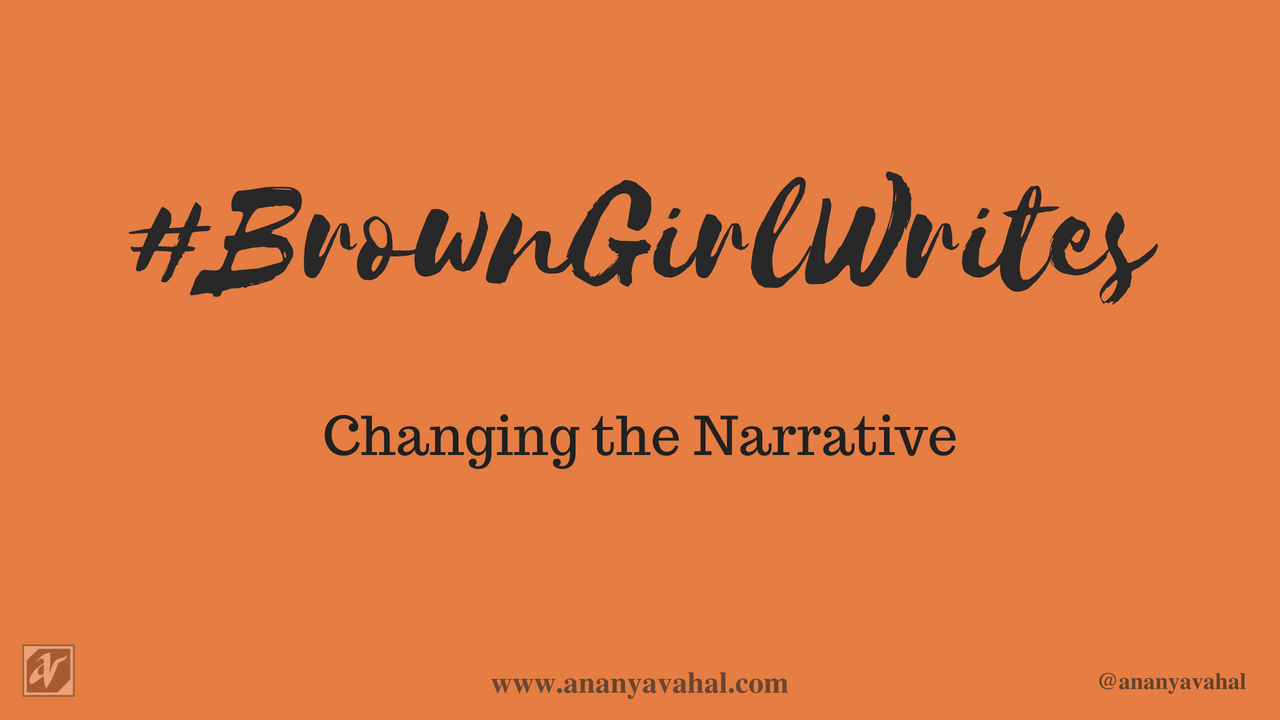|
People say a lot of things and society tell us how we are supposed to live. When it comes to people of color, society usually doesn’t have anything good to say. As a writer/creative person of color, it is our job to breakdown the things society is telling us and find the truth. As an Asian-American woman, I dealt with the mentality of coming to the United States and achieving our goals by blending in and keeping White people around us comfortable and happy my whole life. Many of us come here on visas and have to stick to a job that we hate where we are undervalued and overworked for years just so we can get our green card. My father had to do this. In this type of situation, I completely understand why we as Asian-American immigrants want to stick to the “model minority” myth, and keep our head down so we can get through the rigorous, complicated, messy immigration system without diminishing our chances. Unfortunately, this mentality tends to stick with us long after the first generation. Even after we have our green cards and citizenships, we continue to live this way in the United States because society and culture tells us the it’s the only way to survive in America. As a writer and a creative person, it is impossible to succeed at your craft without letting go of this limited mentality. Just because society tells us that no matter what our citizenship papers say, we will never be “American” because of the way we look, doesn’t mean we have to believe it. I grew up with many people around me who told me I had to fit a certain mold to succeed in America. I grew up all around the world, so it was difficult for me to accept when people told me who I should be. For example, when they assumed I was good at math and would let them copy off my test or that they could walk all over me because I was supposed to be submissive. The more I learned about myself and about the world I lived in, the more frustrated I grew with these microaggressions. It wasn’t until I was an adult that I realized I was a citizen of this country and this country belonged to me too. Just because I was born outside the country didn’t mean that it belonged to me any less. I had to start making a place for myself and stop letting myself be treated as a second class citizen or an outsider. Once I realized that this country belonged to me as much as anyone else, I realized how important my stories were for this country. There are other people out there who have had the same experiences and background as me in this country. If I had known about them and their stories, I would have been much more confident in my identity as a child and young adult. This is why I realized I needed to write and get my stories out. My culture and experiences need to be normalized in this country instead of exoticized. Other Asian-Americans and Indian-Americans need to know that this country belongs to them too. We don’t have to fall into racist systems and structures created in this country to keep people of color down and pitt people of color against each other. There are other ways to live. We can disrupt the status quo. We can start our own business. We can vocalize our experiences. We can create art based on our experiences. All of these are valid ways to exist. This doesn’t mean that we won’t experience racism. It just means that it will become harder for these systems to keep us down over time. When your boss over burdens and undervalues you at work, you can speak up or quit your job. There are plenty of jobs out there. If your professors/colleagues try to undervalue your art because it doesn’t suit their preconceived notions of what art is supposed to look like, stay confident and fight back. If people talk to you like you’re dumb just because you speak with an accent, speak up or stop entertaining them. They’re just upset that they can’t speak multiple languages like you. Yes, it takes a lot of work to change the way you live in a country that continuously tells you that you don’t belong. But, by refusing to accept what we are told, by refusing to accept the status quo, we can de-program ourselves and change the narrative around our existence. By refusing to bow down to the system, we can create better opportunities for our community and create better art. This is why I keep writing and encouraging women of color to own our narratives. It is by owning our narratives that we can begin changing the narratives around our race, culture, and society. Thank you for reading! Please feel free to share your perspectives on this topic in the comments below. I’d love to hear your experiences with these issues as a woman writer of color.
You can sign up for my newsletter at the bottom of the page for updates on my writing and my events. Next Wednesday’s blog will be more #browngirlwrites stories. Until then… Happy Writing! :) Find me on social media. Links at the bottom of the page 👇🏽
0 Comments
Leave a Reply. |
AuthorThese blogs explore my writing process and highlight my favorite writers and books. Archives
June 2022
Categories
All
|


 RSS Feed
RSS Feed
















